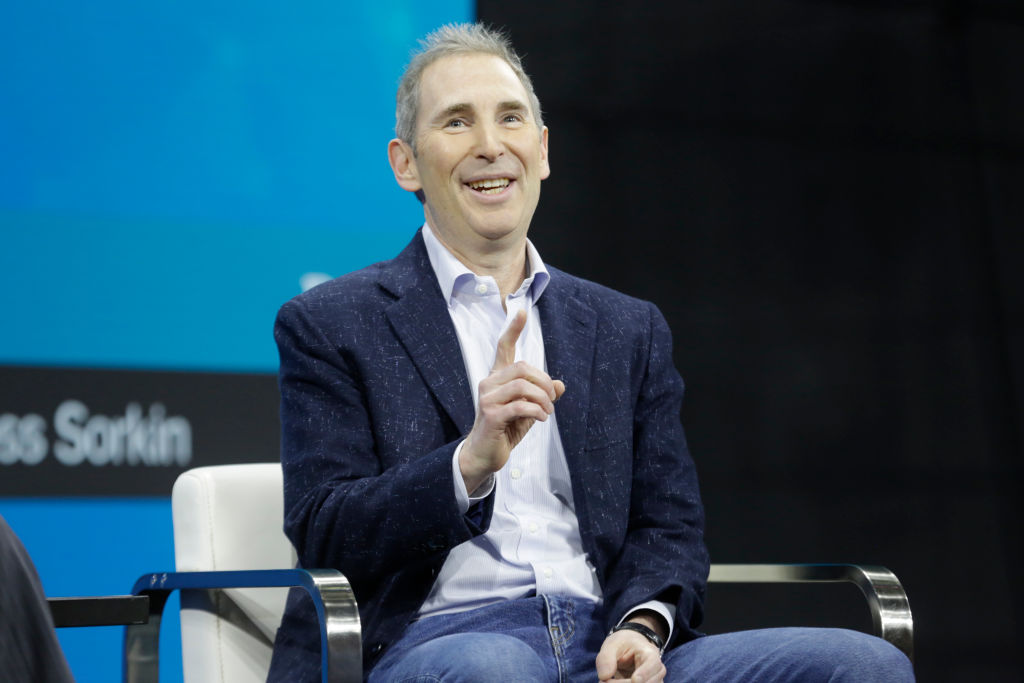Physical Address
304 North Cardinal St.
Dorchester Center, MA 02124
Physical Address
304 North Cardinal St.
Dorchester Center, MA 02124

Despite the fact that last week all the buzz was preaching to the lower AI budget era, there is a zero sign that Big Tech slows down. Instead, they accelerate things.
Amazon is the latest technology giant to announce a huge AI spending plan with a much more than $ 100 billion expected capital cost by $ 2025. The $ 100 billion “vast majority” is aimed at AI AWS AI capabilities, according to Andy Jassy’s CEO, during time. Amazon’s fourth quarter revenue calls on Thursday.
(More specifically, Jassy says Capex’s $ 26.3 billion in Q4 $ 2024 is “reasonably representative” of what you can expect in 2025.
It’s a huge jump from Capex $ 75 billion that Amazon Expected release in 2024Or
Amazon has put aside the AI’s cheap concerns that it would harm its revenue. Instead, Jassy says lower prices only lead to increased AI demand. And the AWS, whose AI offers are widely advantageous.
“Occasionally people make the assumption that if they can reduce the cost of any type of technological component, this will somehow lead to less technological expenditure. We never saw this, ”Jassy said, comparing the recovery of AI’s demand with the early days of the Internet and the cloud.
Other major technology companies make the same point as the revenue season as they are concerned about the return of the growth of AI costs.
META CEO Mark Zuckerberg said last week that the company will spend “hundreds of billions” on AI in the long run, citing the conclusion demand in billions of users. META is expected to spend at least $ 60 billion on Capex in 2025, especially AI.
Meanwhile, Alphabet increased Capex in 2025 by a huge 42% to $ 75 billion, with CEO Sundar Pichai justifying expenditure by “reducing AI costs”.
And Microsoft announced last month that it would only spend $ 80 billion on AI data centers in 2025.
Microsoft CEO, Nadella, has even tweeted the Wikipedia site for the Yevons Paradox (the concept of economics that prices lead to lower demands) because the deep -baking debate warms up.
You don’t see the Yevons paradox for ki -ea big tech. But there is still no sign of the slowdown in the AI expenditure.